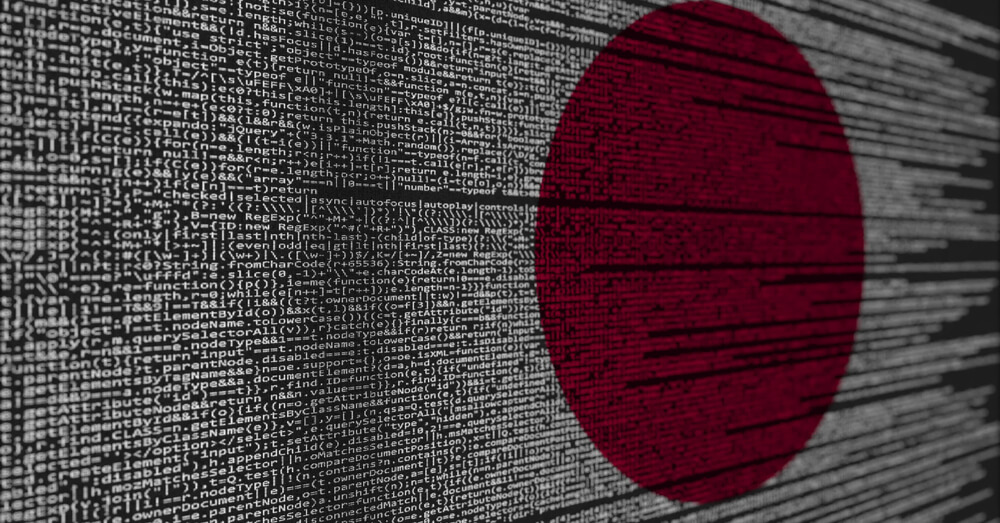
The Japanese court seized $46,000 after a Hokkaido doctor was arrested for purchasing stolen crypto
In a recent decision, a Japanese court will seize up to $46,000 (¥4.8 million) from Takayoshi Doi for his involvement with the 2018 cyber attack on the Coincheck exchange, where $534 million worth of NEM was stolen.
Takayoshi Doi, a doctor in Hokkaido, was arrested in March 2020, along with an executive in Osaka Prefecture, for knowingly purchasing stolen NEM from the Coincheck attack. The stolen NEM was listed on the dark web with a significant discount.
Doi was charged for a violation under the Japanese Organised Crime Punishment law for the collection of crime revenue.
Following the arrest, the Metropolitan Police Department requested the confiscation of Doi’s crypto. The Tokyo District later granted the seizure order on August 19th and acquired up to $46,000 worth of crypto from the account.
The seizure is considered to be the first of its kind in the Japanese legal system.
Where it all begins
In January 2018, around $543 million worth of NEM coins were withdrawn through multiple unauthorised transactions on Coincheck, causing the exchange to halt all transactions indefinitely, including fiat.
As reported at the time, the attacker had targeted the hot wallet used to store the NEM belonging to customers of the exchange. The attacker presumably got hold of the private key to this wallet through fraudulent means and proceeded to empty the wallet.
NEM was the only crypto that was stolen. The reason behind this, provided by representatives of Coincheck, was each crypto possessed a different level of security. Most cryptos on the exchange were stored in multisig wallets and NEM was not one of them.
The fallout
After the hack, the platform saw a 66% decrease in revenue and was eventually bought by Monex Group, acting as one of its subsidiaries. The incident led to Coincheck removing all privacy coins such as Dash, Monero, Zcash and Augur off its platform.
Nearly 12 months after the costly incident, Coincheck enabled NEM trading again and in 2019, it was granted a trade license by Japan’s Financial Services Agency.
It is becoming more difficult to steal cryptos and get away with it. This Japanese legal action comes in the same year that a Florida teen was arrested for the recent Twitter hack, where the accounts of multiple celebs were hijacked by a team of at least three hackers.

